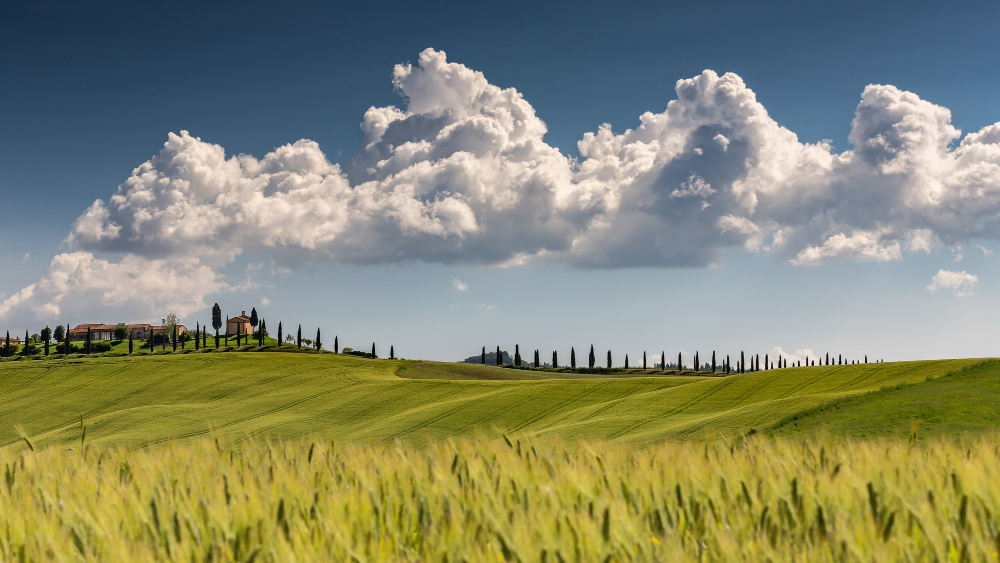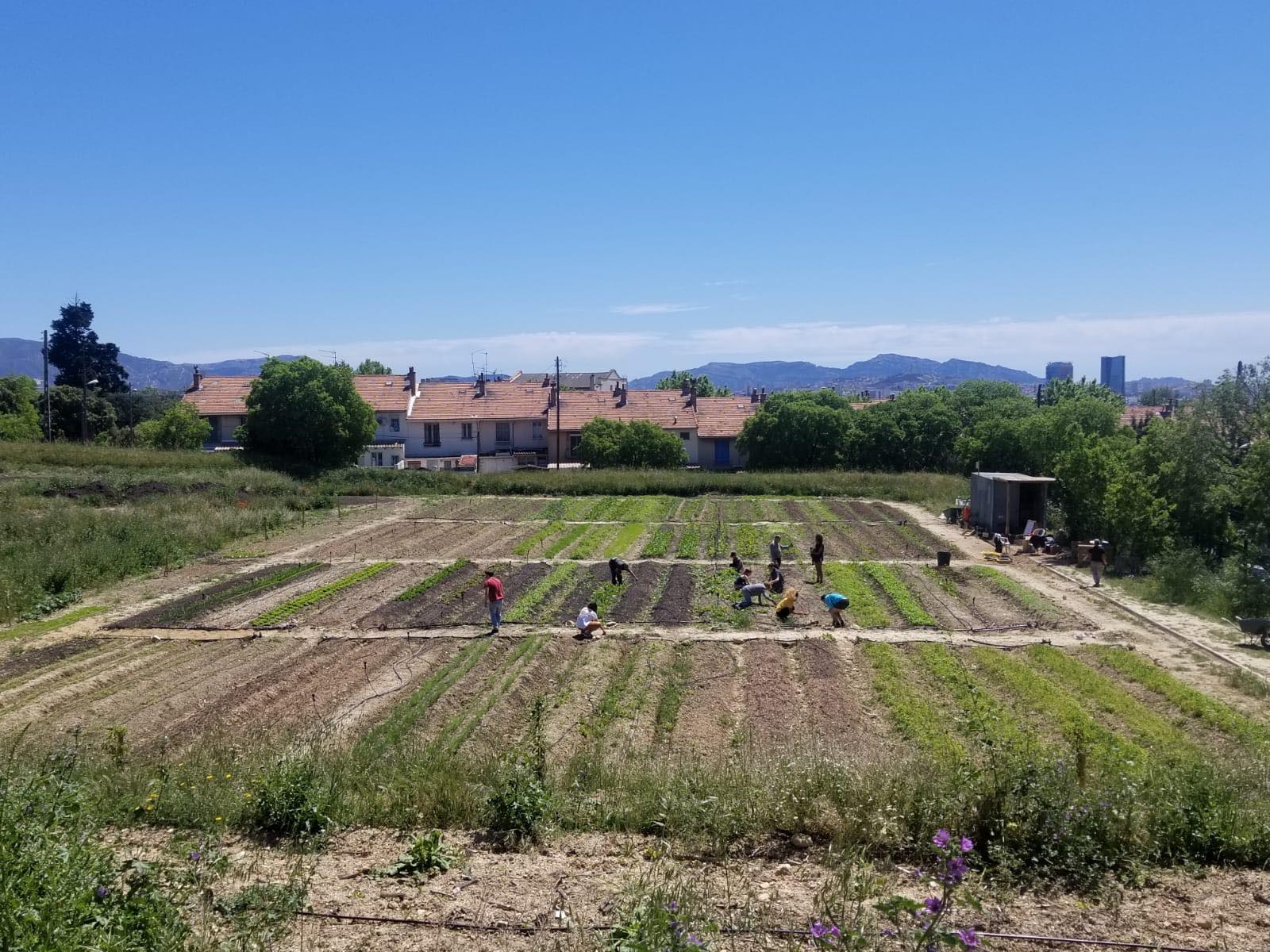Marseille’s region is traditionally a region of fruits and vegetables production and was self-sufficient in the 1950s. Today, Marseille’s food autonomy is 2,22% (UTOPIES, 2018). 90% of the local production is dedicated to exportation, whereas 90% of what is consumed is imported (Chambre d’Agriculture 13, diagnostic PAT). Marseille still has a great potential for a local production both in terms of pedoclimatical conditions but also in terms of available land (around 230 ha, CA13 + CITAG, 2018). The city itself is also characterised by huge disparities in terms of access to sustainable food (geographical and economical access) with multiple urban food deserts localised in the north of the city.
Cities2030 partner organizations participating in the Marseille CRFS Lab
La Cité de l’agriculture (CITAG, P40) is a non-profit organisation created in 2015 and based in Marseille, France. Its major purpose is to support the social and ecological transition in the Marseille metropolis area and more. La Cité de l’agriculture is the only regional and national Cities2030 partner in France Through the development of different projects, la Cité de l’agriculture experiments new models for food production, distribution but also consumption, accompanying the transition of our food and agriculture model. La Cité de l’agriculture reaches to a wide variety of partners at the local, regional and national level in order to leverage the Marseille CRFS Lab objectives.

